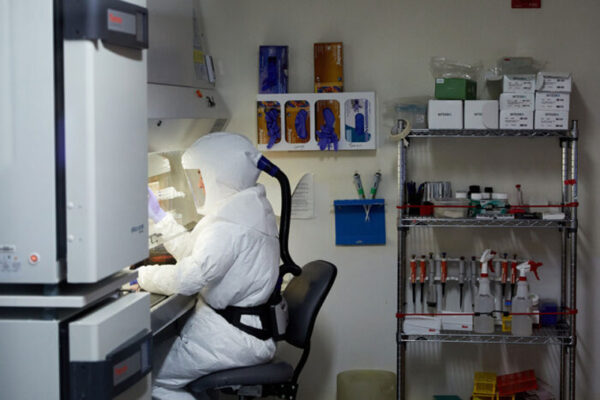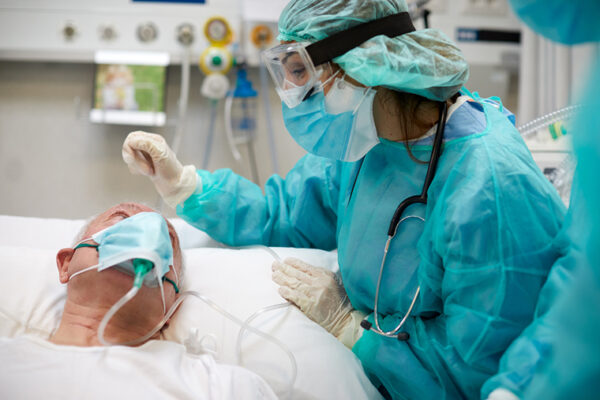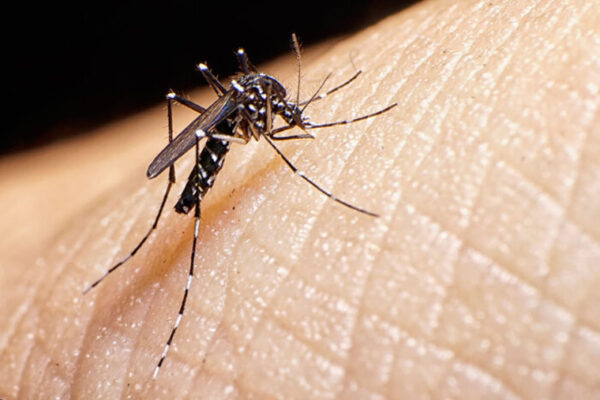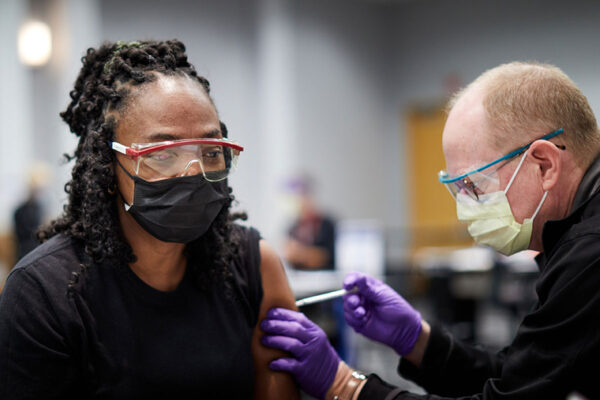Omurtag named director of reproductive endocrinology and infertility
Kenan Omurtag, MD, an accomplished fertility specialist, educator and mentor, has been named director of the Division of Reproductive Endocrinology & Infertility in the Department of Obstetrics & Gynecology at Washington University School of Medicine.
Antibody protects against broad range of COVID-19 virus variants
School of Medicine scientists have identified an antibody that is highly protective against a broad range of COVID-19 viral variants.
Jiang wins NIH grant for breast cancer research
Joy Jiang, assistant professor of surgery in the Division of Public Health Sciences at the School of Medicine, received a four-year $1.35 million MERIT award from the National Institutes of Health (NIH) for her project “Dynamic prediction incorporating time-varying covariates for the onset of breast cancer.”
$6.2 million grant to fund Center for Perioperative Mental Health
Clinicians and researchers at the School of Medicine have received a four-year $6.2 million grant to launch a center designed to help improve mental health in surgery patients, particularly older surgery patients.
Antibodies block specific viruses that cause arthritis, brain infections
Researchers at Washington University School of Medicine have found antibodies that protect against specific mosquito-borne viruses that cause arthritis and brain infections. The findings could lead to a universal therapy or vaccine for the viruses.
Wang receives award to further develop pregnancy imaging system
Yong Wang, associate professor at the School of Medicine and the McKelvey School of Engineering, has received a 2021 Next Gen Pregnancy research grant from the Burroughs Wellcome Fund for development of noninvasive imaging of uterine contractions.
Physical activity associated with better cognition in breast cancer patients
There is a strong association between high levels of physical activity and the ability to maintain cognitive function among breast cancer patients treated with chemotherapy, according to new research from Washington University School of Medicine.
Tao named chief of pediatric radiology
Ting Y. Tao, MD, PhD, assistant professor of radiology at the School of Medicine, has been named chief of the pediatric radiology section in the university’s Department of Radiology. Tao also has assumed the role of radiologist-in-chief at St. Louis Children’s Hospital.
Antibodies elicited by COVID-19 vaccination effective against delta variant
School of Medicine researchers have found that the delta variant of the virus that causes COVID-19 is largely unable to evade antibodies elicited by vaccination. The findings help explain why vaccinated people have been at low risk of getting seriously ill with COVID-19.
Loeb Teaching Fellow announced
Noor Riaz, MD, a pediatric hospitalist, has been named the 2021-23 Carol B. and Jerome T. Loeb Teaching Fellow at the School of Medicine.
Older Stories








